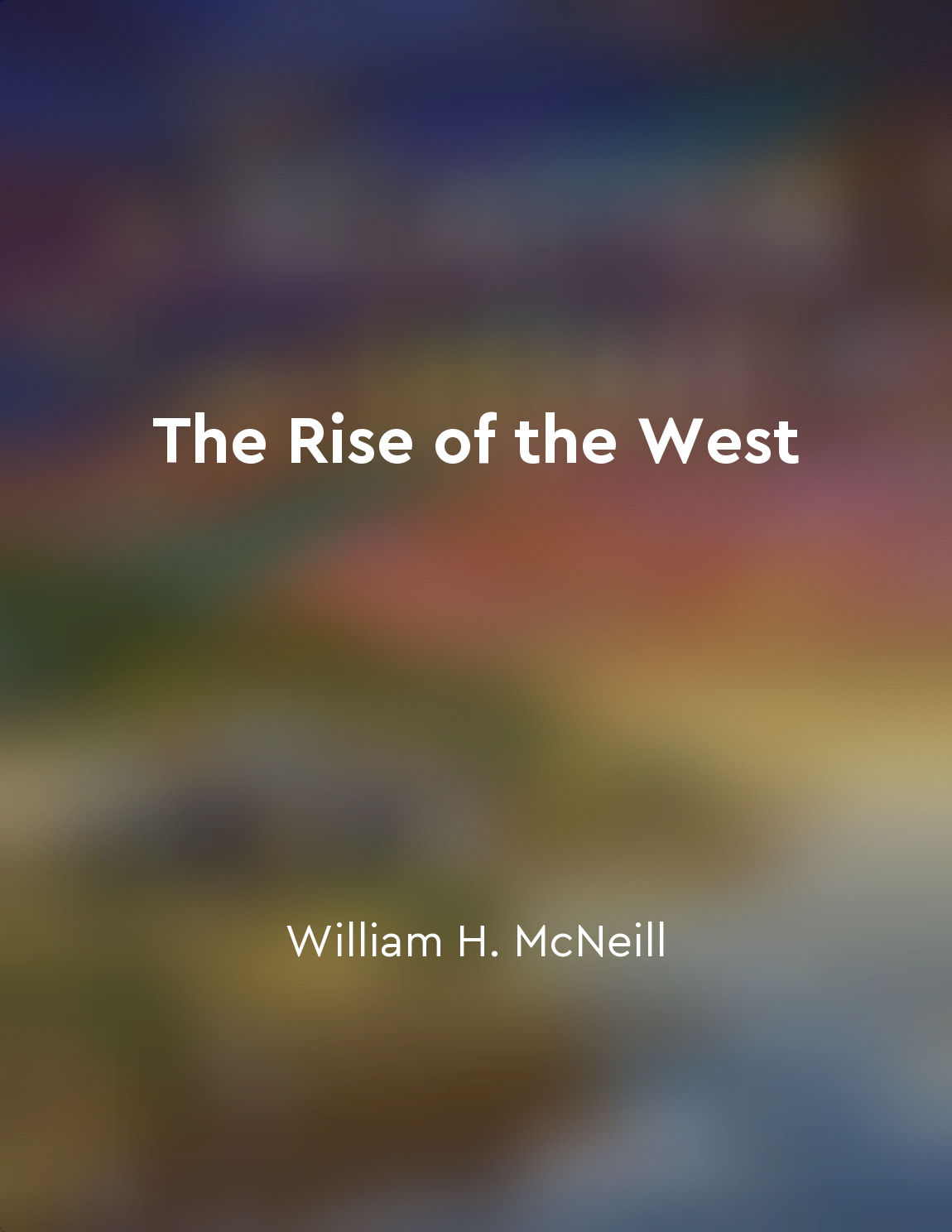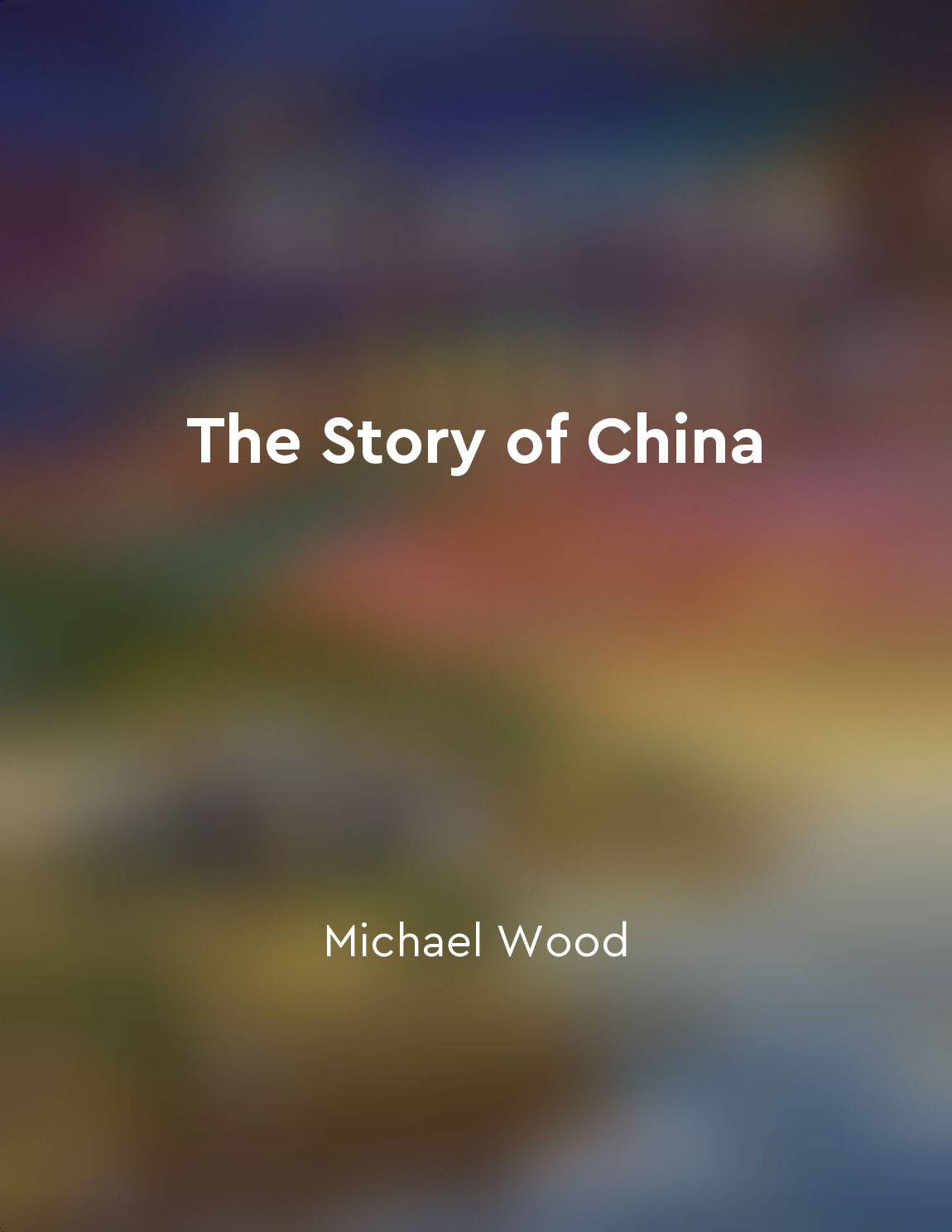Audio available in app
China's rich history dates back thousands of years from "summary" of The Story of China by Michael Wood
China's history stretches back through millennia, shaping a civilization that is among the oldest in the world. The roots of Chinese culture can be traced to the ancient Yellow River valley, where early settlements emerged around 5000 BCE. These early communities developed agriculture, pottery, and writing, laying the foundation for the rich tapestry of Chinese civilization. As these early societies grew and interacted, they gave rise to the first Chinese dynasties, such as the Xia, Shang, and Zhou. These dynasties established centralized rule, sophisticated social structures, and complex belief systems that became integral to Chinese identity. The Zhou dynasty, in particular, laid the groundwork for many aspects of Chinese culture that endure to this day, including Confucianism and the concept of the Mandate of Heaven. The period of the Warring States saw intense competition and conflict among the various Chinese states, leading to the rise of the Qin dynasty and the unification of China under the first emperor, Qin Shi Huang. The Qin dynasty introduced standardization of writing, currency, and measurements, as well as the construction of the Great Wall and the Terracotta Army, leaving a lasting impact on Chinese history. The Han dynasty followed, ushering in a golden age of prosperity, innovation, and cultural achievement. It was during this period that the Silk Road was established, connecting China to the wider world and facilitating the exchange of goods, ideas, and technologies. The Han dynasty also saw the development of papermaking, the compass, and other inventions that transformed Chinese society and influenced global history. Subsequent dynasties, such as the Tang, Song, and Ming, continued to shape China's history through periods of expansion, artistic flourishing, and technological advancements. The Tang dynasty, for example, was known for its cosmopolitan culture and economic prosperity, while the Song dynasty saw advancements in agriculture, trade, and the arts. The Ming dynasty, with its grand construction projects and maritime expeditions, extended China's influence beyond its borders. Throughout its long history, China has experienced periods of unity and fragmentation, prosperity and turmoil, but its enduring civilization has persisted through it all. From the ancient civilizations of the Yellow River valley to the modern powerhouse that is present-day China, the story of China is a testament to the resilience, creativity, and diversity of its people.Similar Posts

Conflict and cooperation shape international relations
Throughout history, interactions between different societies have been characterized by a mixture of conflict and cooperation. ...

The Great Wall was built to protect China from invasions
The Great Wall of China, one of the most famous structures in the world, stretches for thousands of miles across the northern f...
